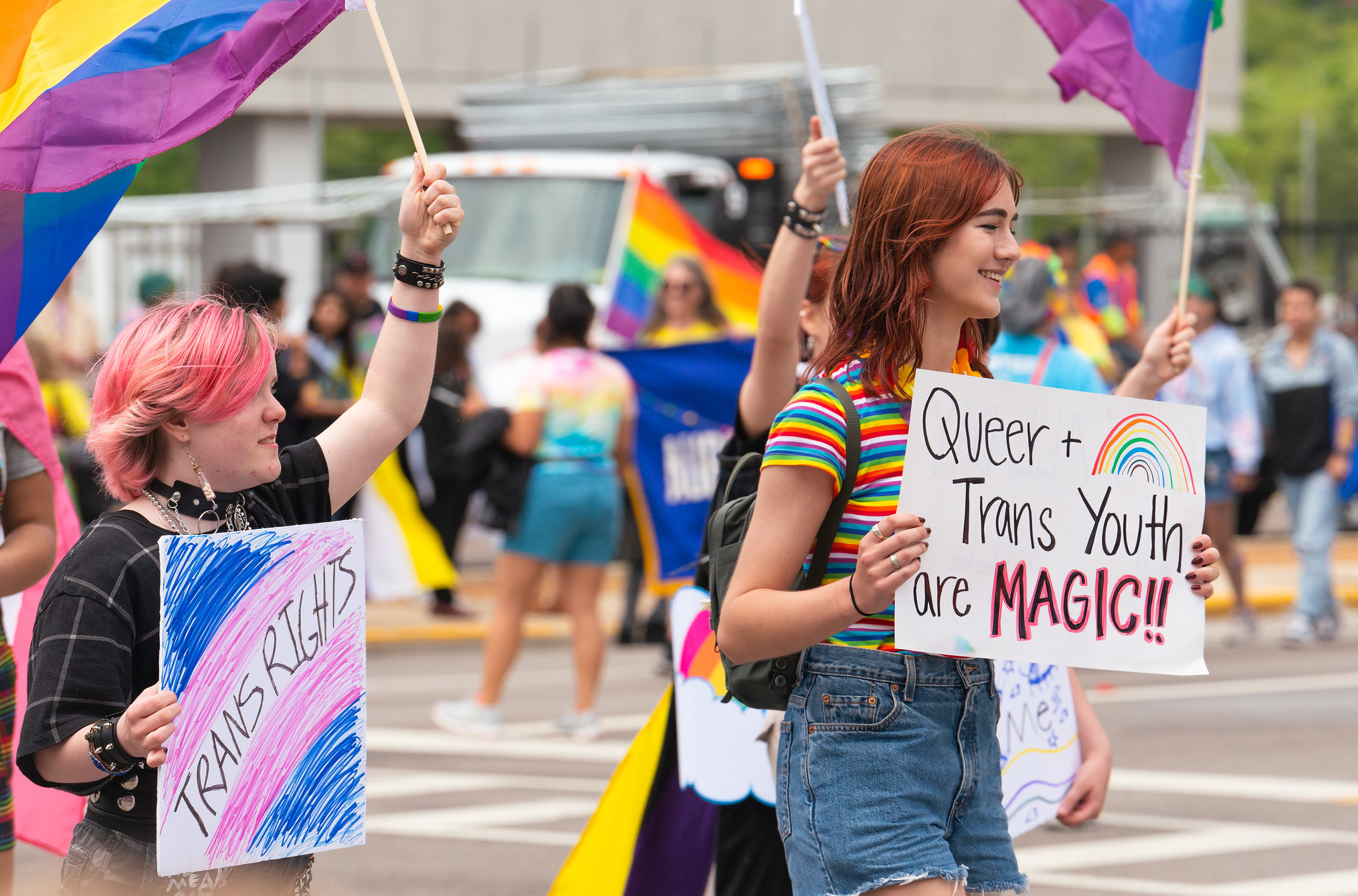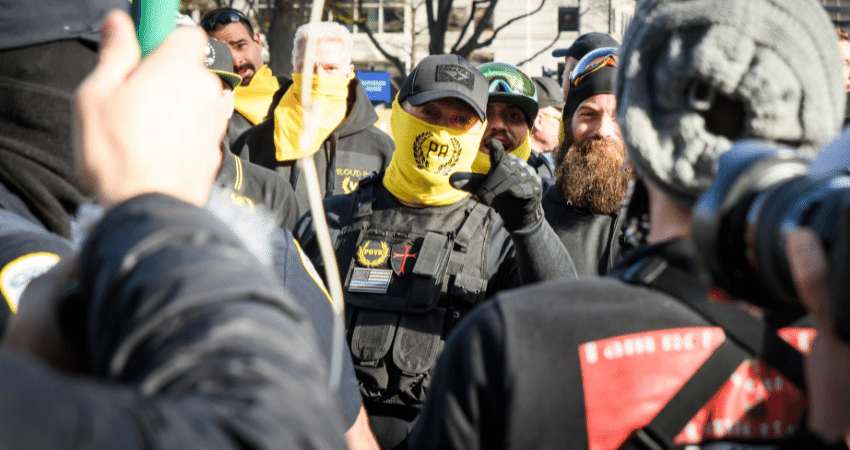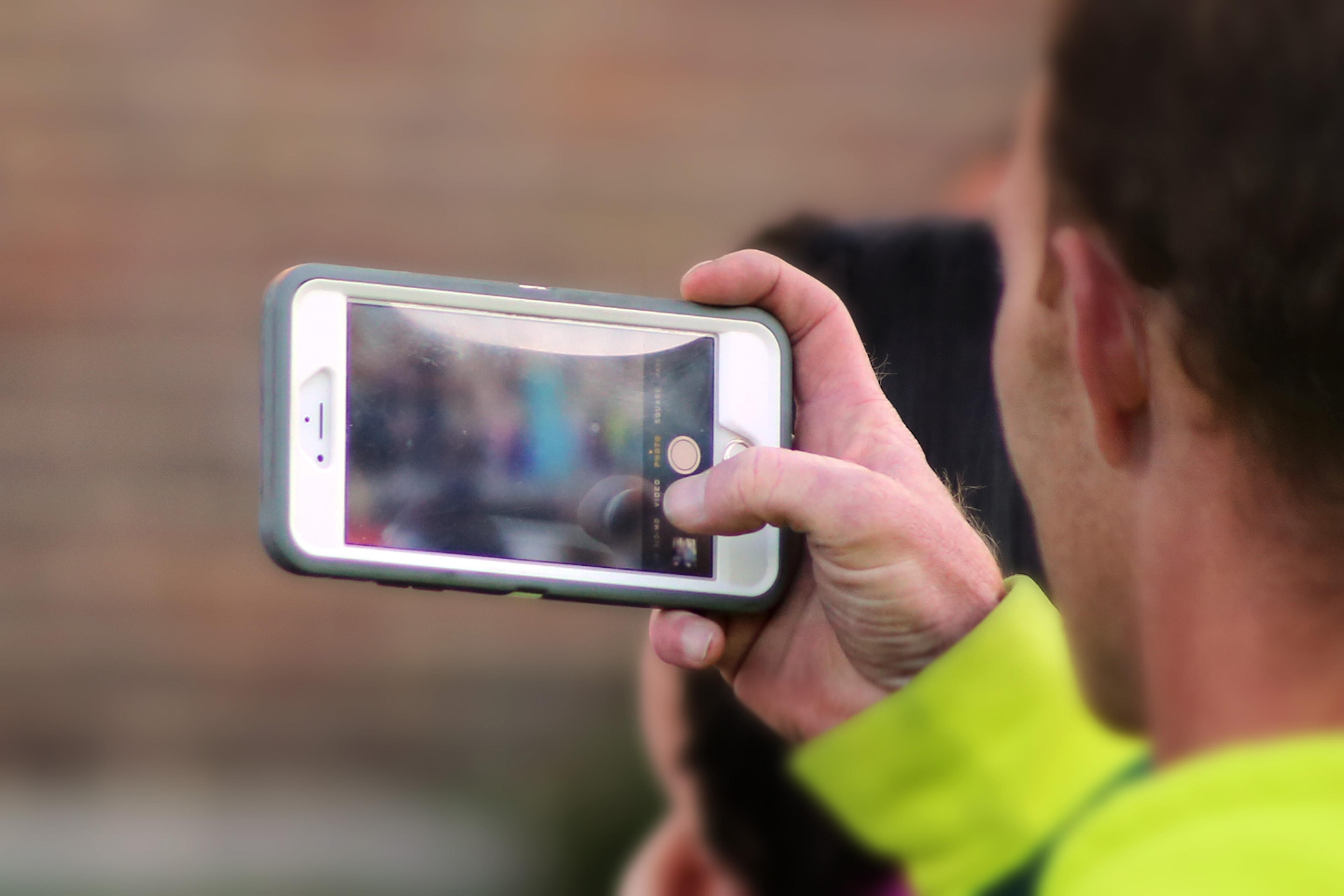Big-city traffic and a resolution on New Year’s Eve of 2020 led Pflugerville resident Kelsey Black to become a bookseller.
An avid reader, she disliked the hour round trip required to get from her suburb of 65,000 to downtown Austin to browse a bookstore. “OK,” she told herself, “I think it’s just going to be easier for me to … start my own bookstore.”
Turned out, it wasn’t easy at all, “but it’s OK because I have now found my calling,” Black said. The Book Burrow began as a pop-up and online business and finally, on August 6, opened as a brick-and-mortar store. She said the 200-square-foot space has become a haven for those who don’t feel like they fit in elsewhere, drawn by the store’s motto: “Embrace your weird.” For her, the phrase means cultivating love for whatever makes you unique: “Embrace your gender identity; embrace your sexual identity; embrace your racial background; embrace your spiritual path.”





